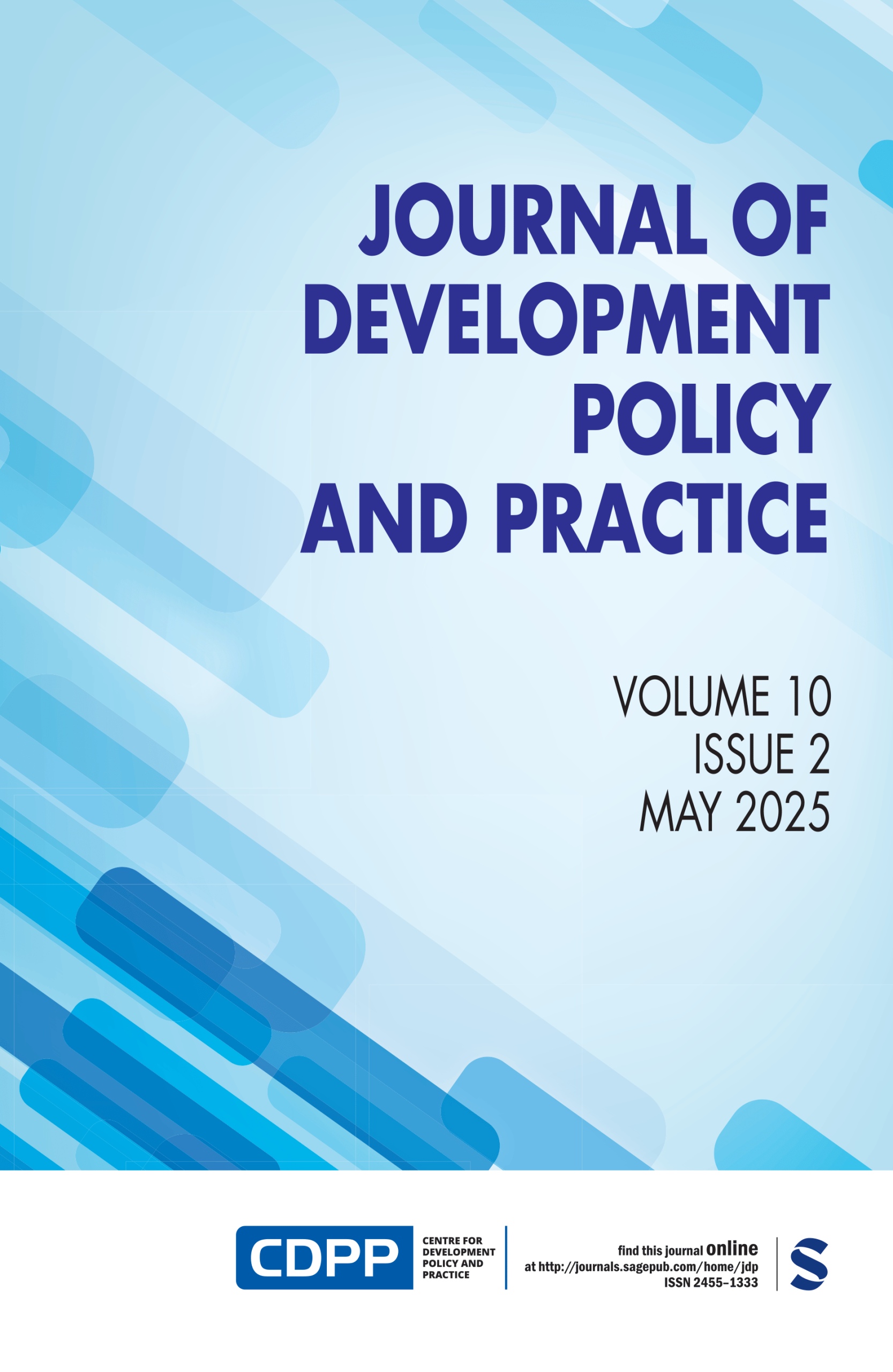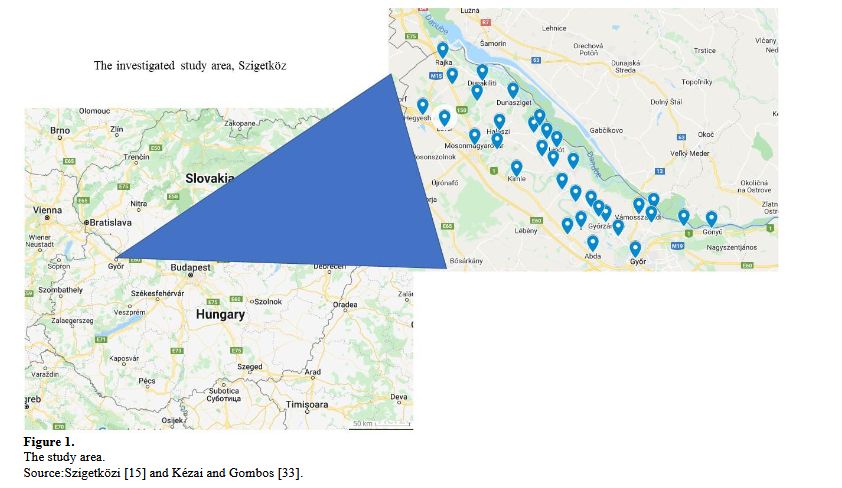The lecture will take place in a hybrid format via zoom interface and in person in room K. 11-12; from 13:00 on 2 May 2024.
Lecture:
Attila Havas
Innovation in economics: various paradigms and their implications for measurement and policy
The role of innovation in economic development has been analysed by various schools of economics in diametrically different ways. The underlying assumptions and key notions – risk vs uncertainty; information vs knowledge; ‘time-less’ development vs path-dependence and costly, time-consuming, and firm-specific search and learning process; representative agents vs heterogeneous companies; optimisation vs routines – of these paradigms point to diverse policy implications. The presentation briefly introduces these key differences, identifies the implications for measurement, and summarises the policy rationales derived from the various economics paradigms. Then it considers the pros and cons of current measurement practices – notably the European Innovation Scoreboard and the use of patent statistics – and highlights the pitfalls of paying too much attention to simplifying ranking exercises. Instead, it argues, it is of utmost importance to conduct detailed, thorough comparative analyses, identifying the reasons for a satisfactory or disappointing performance, as well as the sources of – opportunities for – balanced, and sustainable, socio-economic development. In a nutshell, the presentation is aimed at sparking a discussion whether theorising on, and measurement practices of, innovation form a virtuous or vicious circle with policy-making.
Short bio: Attila Havas is a senior research fellow and the head of the Empirical Industrial Organisation research group of KRTK KTI. He conducts research on the economics of innovation, in particular on national and sectoral innovation systems, innovation policies, social innovation and the measurement of innovation.







